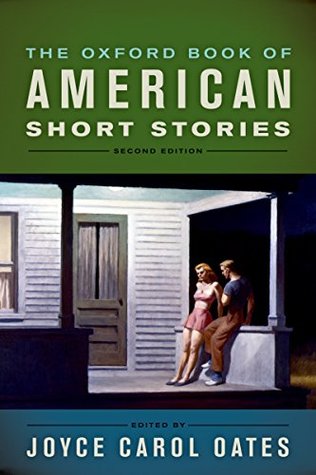
“There’s a black violence on this valley. I don’t know – I don’t know. It’s as though some old ghost haunted it out of the dead ocean below and troubled the air with unhappiness. It’s as secret as hidden sorrow. I don’t know what it is, but I see it and feel it in the people here.”
After being on my shelf since I was in high school, I finally read John Steinbeck’s novel East of Eden. I don’t know why I waited so long. I’ve gone back on goodreads.com and wondered why I have given so many books 5 stars in recent months. I don’t necessarily regret these ratings and I’m not going to change them but now I want to somehow signify that East of Eden reached out and grabbed me more than these other books. I want to give it more than 5 stars.

I consider Steinbeck one of those American writers that grapple with the disillusionment felt by so many after World War I. In East of Eden, the Biblical allusion in the title got me thinking that maybe the reason for the disillusionment is the sense that something has been lost, something of value is gone. What that something is could take a hundred posts to discuss and maybe we still wouldn’t come to a definitive answer. Maybe the Eden that is lost is so lost that we don’t know what it is anymore.
In the center of the novel, though, Adam Trask and Samuel Hamilton, the patriarchs of the two families involved in the novel, discuss the Old Testament story of Cain and Abel with Lee, Trask’s Cantonese servant. It prompts Lee to ask some learned members of his family about the meaning of the verses in Genesis 4. After two years of learning Hebrew, the scholars determine that a certain word that can be translated as a command actually means something closer to “thou mayest” or “to choose”. The power to choose good or the power to choose evil – maybe that has something to do with what is lost. Are we no longer able to choose good?
In spite of being family patriarchs, neither Trask nor Hamilton are strong the way we might think of family leaders. To me, they seem more inherently good than inherently strong. Their struggle to choose good made them shine as characters – even with their weaknesses and imperfections.
And then there is Lee who I think is both strong and good – and, by choice, a servant. He now firmly has a place on my list of favorite literary characters.






